I haven’t switched phones for almost a year and I love it
I’m going to let you in on a big secret: I dislike a big part of my job.
Okay, so that’s a secret most people can relate to, but for the past 15 or so years, I’ve worked for a technology publication and find it hard to be excited about phones. To me, they’re just a phone, a vehicle for elaborate software, and a way to communicate with the people in your life. Okay, maybe have a little fun, too. I’m not dead inside.
Android & Chill
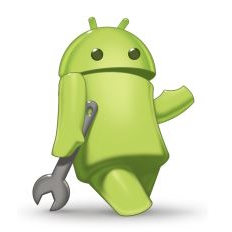
One of the web’s longest-running tech columns, Android & Chill is your Saturday discussion of Android, Google, and all things tech.
It’s not like I hate phones or other assorted tech stuff. I’m just not very passionate about them. I will talk your ear off about things like aquariums, antique cars, or woodworking. I’m very keen on electronics, too, just not the already-built ones.
Anyone who has ever worked with me can tell you that I do hate reviewing phones. I was never particularly good at it, having an eye that was a bit too critical, and I found myself unable to trust anything the manufacturer said about the product. I forced myself to be as objective as I could, not recommending products because I liked them, but because you might. I was there to let you know whether or not they worked as advertised.
Thankfully, my days of a new phone every few weeks and constantly testing things I’m not really interested in are mostly done. I’m happy to let those who are skilled at doing it have all the “fun,” and I’ll be available for emergencies that, thankfully, rarely happen.
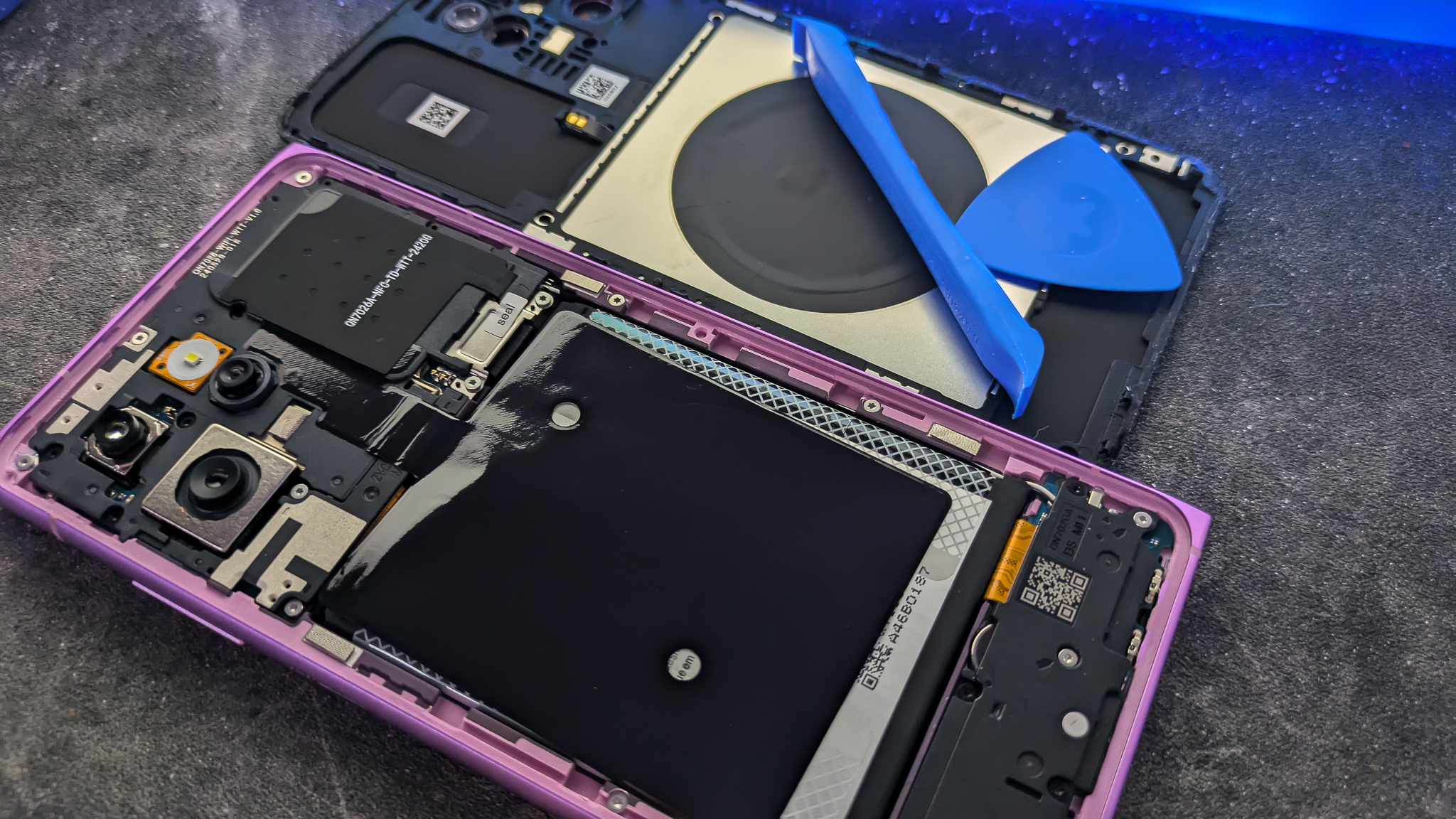
I do want to say that sometimes, I do want to have a look at something. The HMD Skyline was a great example. I’m often interested in a particular thing, such as HMD’s new repairability build techniques. I do make it clear why I like or dislike it, and tend to editorialize my product reviews. Better than not being honest about it, right?
Anyhoo, I paid my own money for the phone I’m using now (the Motorola Razr 2024) and haven’t had to go through the hassle of setting anything else up and actually using it every day for about a year now. I love it; both the phone and not having to think about how to do anything with it.
I bought the Razr because I tried the Galaxy Flip 6. Yeah, that sounds a little crazy, but I found that a phone that folds up into a small package made my life easier — there isn’t a lot of room in your pockets when you’re navigating a wheelchair all day.
I went with Motorola, despite its horrible track record with taking care of its customers by supporting its products, because there seemed to be more potential with the small front display. It does everything I need, and you know what? It does it really well. Unless something that seems better comes along, my next phone will probably be the same; here’s hoping it lasts until at least 2026.
So, I spent a lot of words talking about what I don’t like, but I love my job. That’s because it’s morphed into working with and writing about the things I am passionate about: software, platforms, and policy.
To me, software is elegant (or should be) and useful, even if it is constrained in a plastic and glass shell. The screen only exists to showcase the software, features are there to add value when they can, and the jumble of code and math is what makes a tech product like a phone wonderful.
I hold the companies that make them, including (and especially) Google, to the highest standards; ones they will likely be unable to meet. To me, that implies they should be working harder to improve what the user experiences.
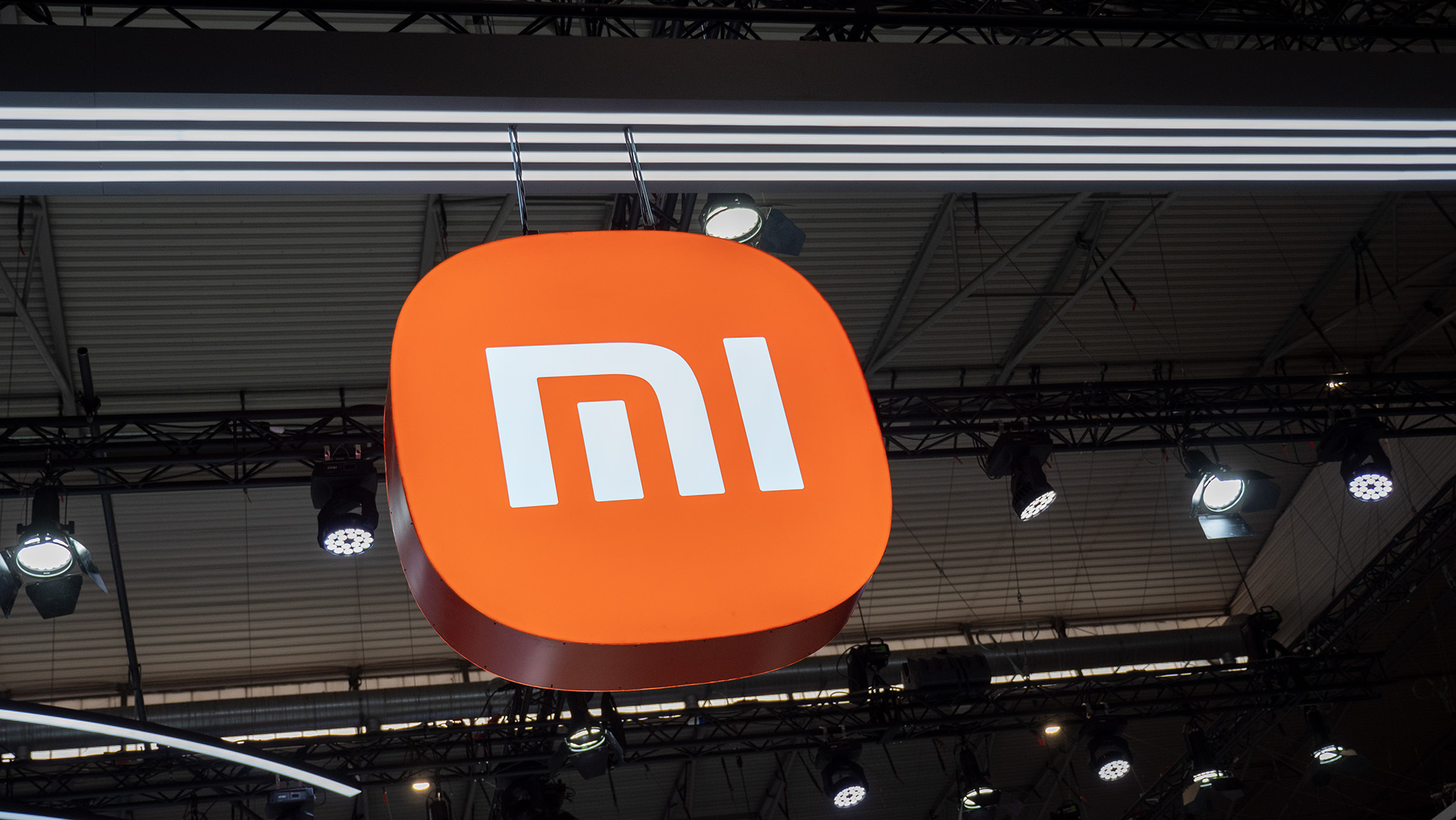
Their philosophy needs to shine through their products; Apple needs to build pretty yet simple products that are easy to use but also can be powerful if that’s what you want. Google needs to set an example as the tender of Android; show how to make the software shine and how to deal with the inevitable bugs that will happen. Samsung needs to keep finding ways to give consumers what they want this week, being willing to switch gears when necessary.
Other companies need to constantly try to find that one thing that sets them apart.
All this ties together through each corporation’s culture and policy. Often, government policy will intertwine and help shape or force the situation. I find all of this fascinating, and even when I’m not working, I’ll spend at least a few hours on the internet reading what others are seeing and thinking about it all.
In the end. I’m lucky to have a full-time gig that I enjoy doing, even if I did have to monkey with phones far too often to get where I am today.



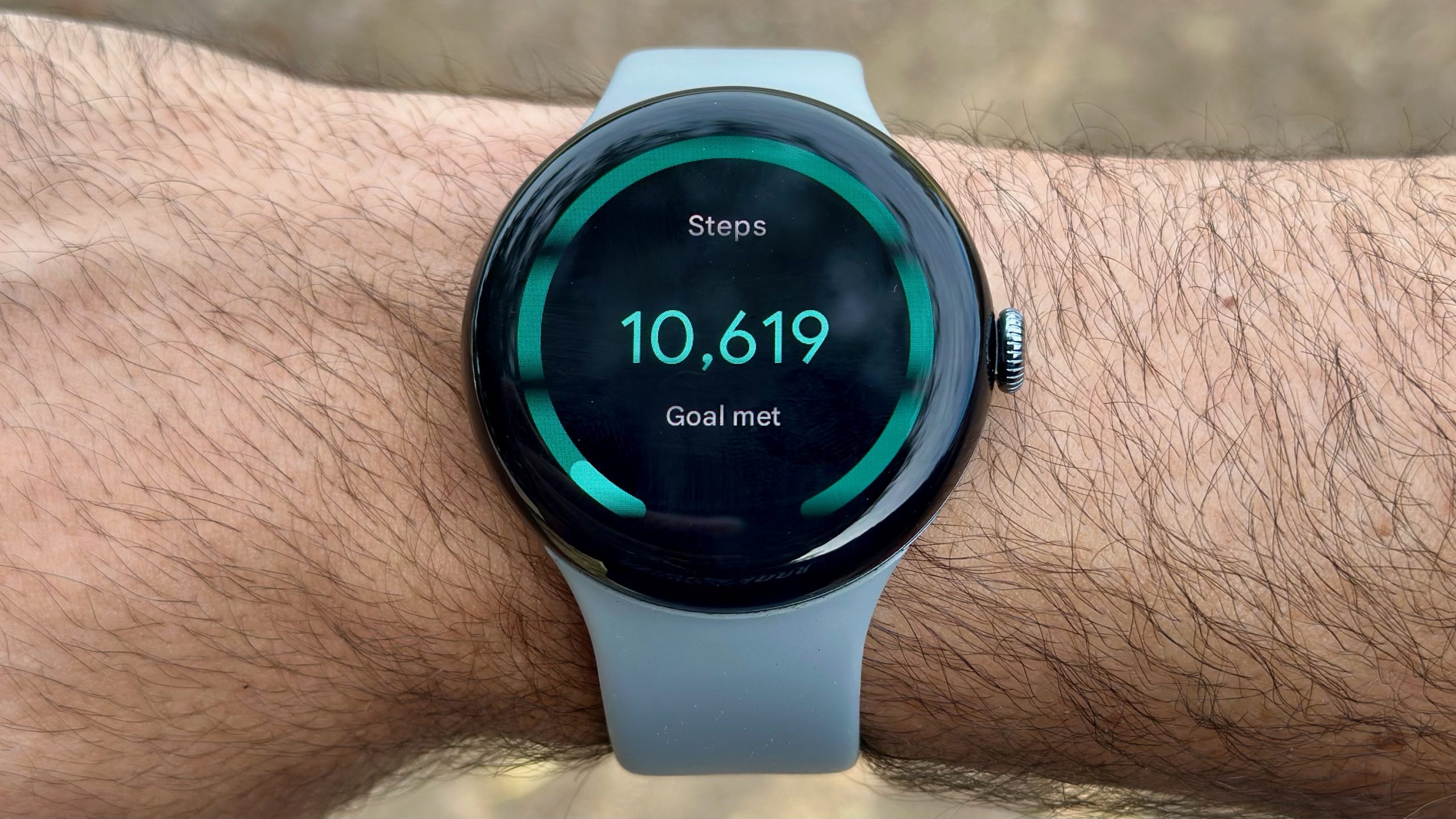




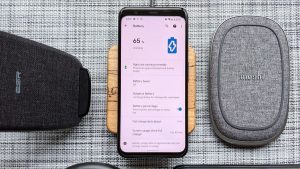
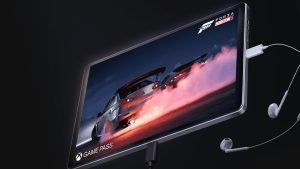
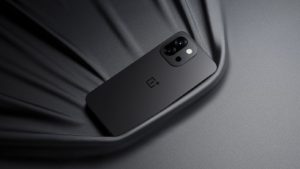
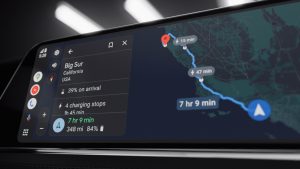


Post Comment